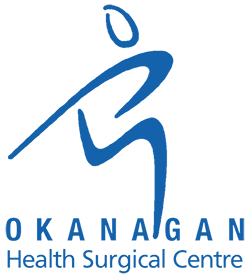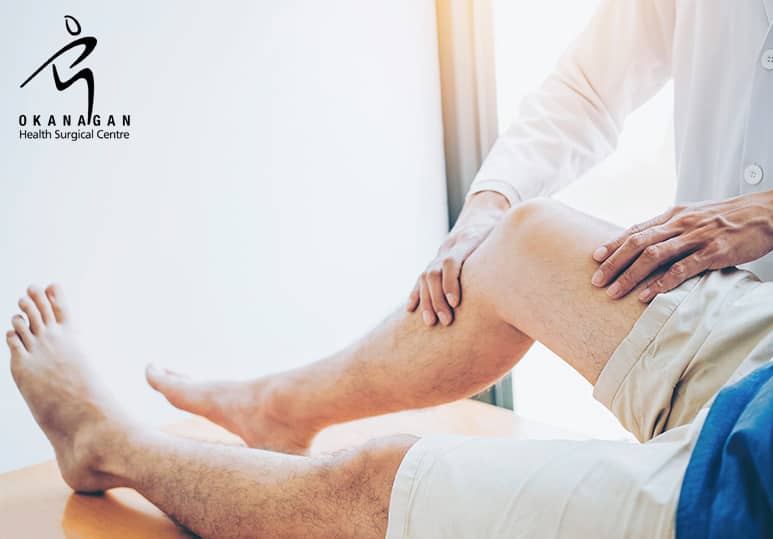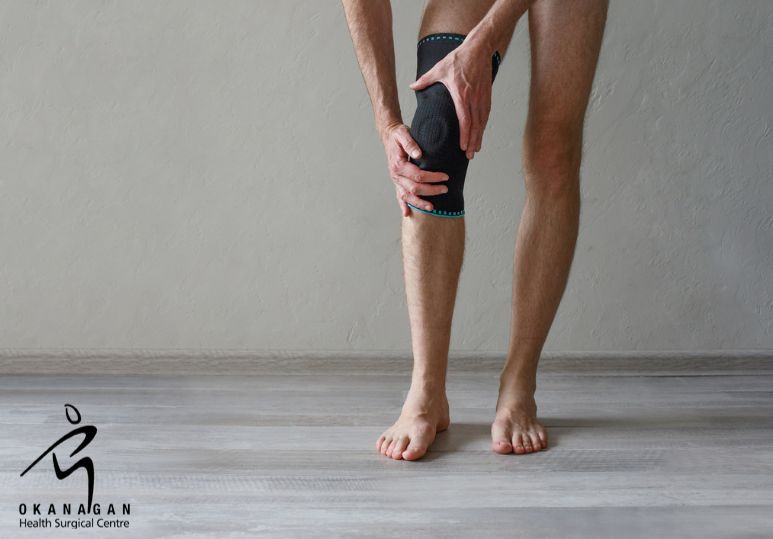Top 4 Orthopedic Injuries In Men
1. Achilles Tendon Tear
An Achilles tear occurs when the tendon connecting your calf to your ankle is torn. The primary function of the tendon is to allow your foot to flex to aid in walking, running, and general movement of your foot and ankle. Sports like football and basketball, which require a lot of sudden stops and starts, can put a heavy strain on the tendon. An Achilles tear can be healed through assisted supportive devices, but most likely will require surgical intervention to allow the tendon to heal correctly and provide you with optimal function in your foot after recovery.
2. Soft Tissue Injuries
Soft tissue injuries are commonly caused by sports injuries and aging. Jobs that require heavy lifting and physical exertion can break soft tissue down faster, especially in the upper chest and arms area. Highly demanding physical jobs can also put men at risk of slips and falls. Physical therapy can be used to treat soft tissue injury, however, if the injury does not respond to such measures, orthopedic surgery could be required to allow the affected area to function correctly and comfortably. All men should ensure they are taking breaks and not overworking and overstressing their muscles to avoid soft tissue injuries. Working out too often and too hard can also cause soft tissue injuries. Ensure you are not overdoing it because a small mistake or a little added weight can start you down a slippery slope.
3. Osteoporosis
This health condition causes bone thinning and increases the risk of fractures and other orthopedic injuries. The loss in bone mass in men can be caused by certain medications as well as lifestyle choices. Depending on the cause and severity of the condition, there are a wide variety of treatment options for osteoporosis. Osteoporosis is often called “the silent disease” because it progresses without any signs or symptoms until a fracture occurs. Some common causes of osteoporosis include:
- Smoking
- Immunosuppressive drugs
- Excessive alcohol consumption
- Chronic obstructive pulmonary disease
- Asthma
- Immobilization
4. Distal Bicep Tears
The distal bicep tendon connects your bicep to your forearm. You will likely feel it by moving your arm and engaging your bicep. Heavy lifting is a common cause of this injury and smoking can put you at greater risk for serious injury. Smoking can make it difficult for your muscles to metabolize the energy produced during a workout, which delay’s your body's recovery time and its ability to regenerate and maintain strong muscle. A distal tear is characterized by a loud pop noise, followed by a sudden and intense pain. Exercising and living an active lifestyle can help prevent a distal bicep tear from occurring. Surgical orthopedic intervention is required to reattach the tendon to allow movement of your arm.
Orthopedic Surgery At Okanagan Health Surgical Centre
Okanagan Health Surgical Centre in Kelowna is a world-class private surgical facility providing advanced orthopedic surgeries including knee replacement surgery, foot and ankle surgery, and addressing soft tissue injuries. We provide minimally invasive procedures to allow our patients a faster recovery time so they can get back to living a pain-free life.
The team of private surgeons will be sure to answer any questions you may have during a complimentary consultation regarding orthopedic surgeries and procedures. To book your consultation today call us at 1-250-868-9799 or Toll-Free: 1-877-505-8895 or fill out the contact form below.
FAQ
Q: How will I know if I need a surgery that requires an orthopedic surgeon?
A: Orthopedic surgeons specialize in the musculoskeletal system. Any injuries that occur to this system such as fractures, scoliosis, hip and knee replacements, and more involving the musculoskeletal system will likely require the expertise of an orthopedic surgeon.
Q: Is general anaesthesia necessary during my orthopedic surgery?
A: This will depend on the type of orthopedic surgery you are getting. More invasive surgeries will require the use of general anaesthesia, however, more minor operations and the use of advanced technology and medical practices may not require the use of general anaesthesia and will only require local anaesthesia.
Q: Does an orthopedic surgeon perform knee replacement procedures?
A: Yes, your knee replacement surgery will be performed by an orthopedic surgeon.







